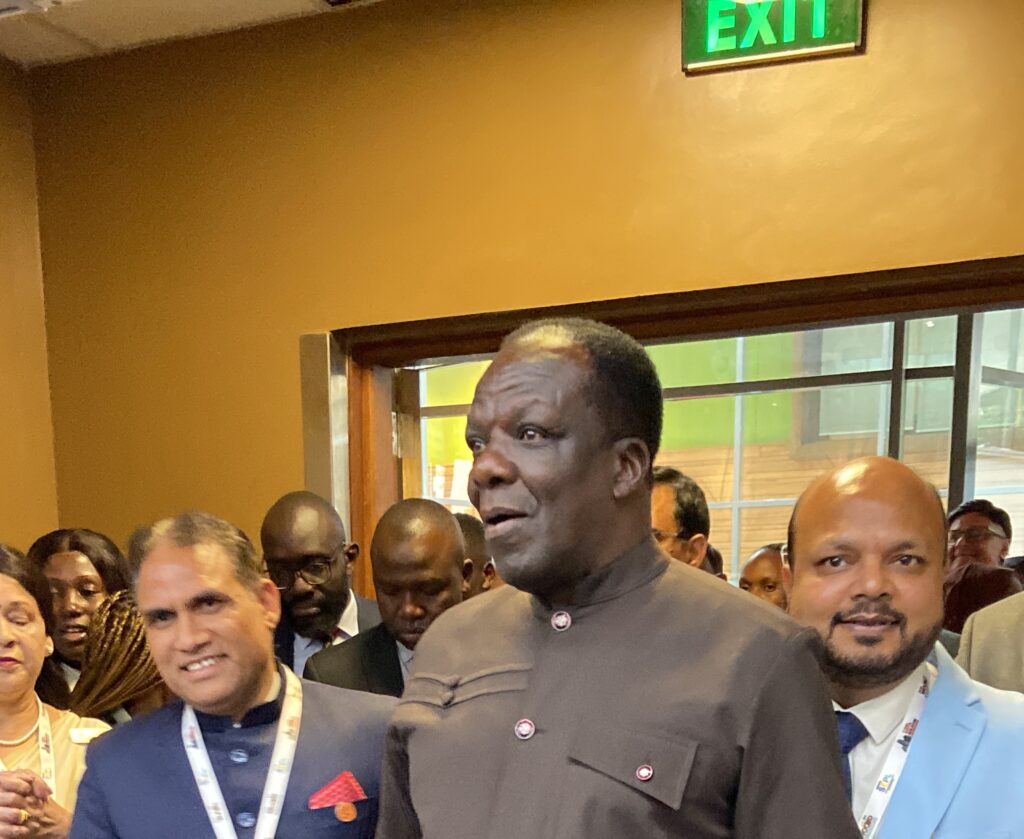Written by Elizabeth Nyambura on March 10, 2022
SOCIAL MEDIA AND RELATIONSHIPS
Social media, if used sparingly, is not necessarily bad for relationships. Research has shown social media use can both positively and negatively affect relationships.

For example,
Social media can contribute to unhealthy comparison and unrealistic expectations for what relationships are supposed to be like, and couples may spend more time curating an “image” of who they are rather than focusing on the relationship itself.
A 2013 study found that, among couples who had been together for less than three years, spending more time on Facebook was linked to more negative relationship outcomes.

The most common social media-related conflict is how much time their partners spend on Facebook or Instagram; Couples plan a romantic date night that turns into nothing but chatter about Instagram likes, Twitter favorites and Snapchat views.
In a relationship, it’s necessary to make your partner feel more important than your phone. This can be achieved by dedicating at least 20 minutes a day to spending screen-free time together.
Try keeping your phone away e.g. in your bag during meals (or at least having those phones on silent or in airplane mode). Or try turning off notifications when you’re together.

Check In before posting– Always prioritize your partner’s opinion when it comes to sharing details, photos of the two of you or details of your lives or dates together. Often in relationships, one person is more private than the other, a difference that can lead to fights.
Laurie Davis Edwards, an expert in relationships, said that honest conversations about your social-media boundaries early on in a relationship can prevent surprises later.
Ask your partner what he does and doesn’t feel comfortable sharing on social media. One easy rule to follow: Ask your partner before sharing anything related to your relationship.

Simple questions like;
“Are you O.K. with my posting this picture of us on our date night?” can go a long way toward heading off arguments.”
Insecurities- People may get upset seeing their partner liking or commenting on other people’s posts, stoking concerns that their partner is interested in other people (or worse, is already cheating).

The use of Facebook, in particular, has been shown to increase feelings of suspicion and jealousy in romantic relationships.
When relationships end, it is so often those tiny, mundane moments that evoke the deepest nostalgia.

Practice valuing real-time connection over internet connection. This can help increase emotional intimacy.





 NRG Radio Uganda
NRG Radio Uganda  NRG JAZZ
NRG JAZZ  NRG MIXOLOGY
NRG MIXOLOGY  NRG RnB
NRG RnB  NRG AFROBEATS
NRG AFROBEATS  NRG GOSPEL
NRG GOSPEL  NRG DANCEHALL
NRG DANCEHALL  CHOICE.RADIO
CHOICE.RADIO  NRG HIPHOP
NRG HIPHOP